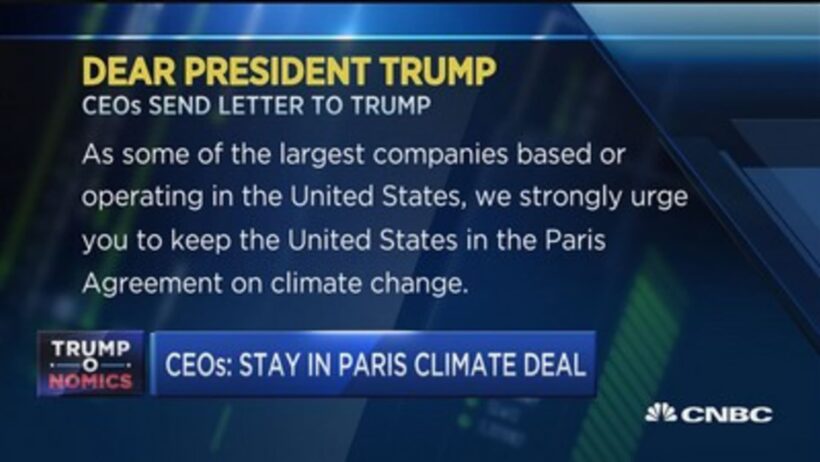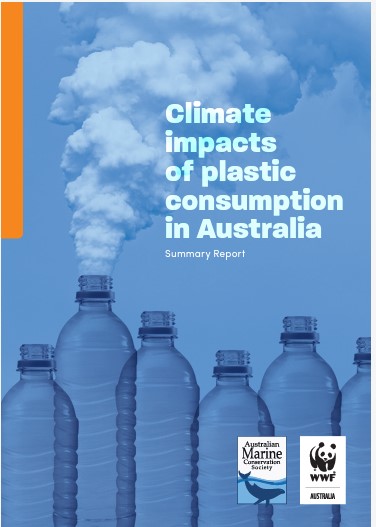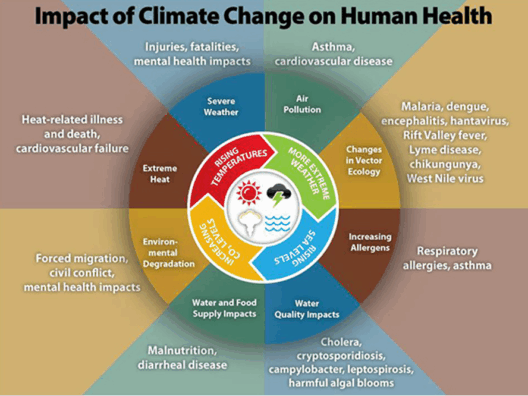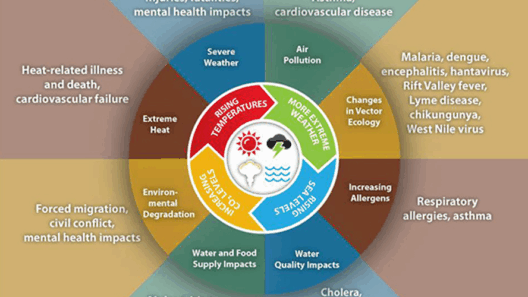The Paris Climate Accord, formally known as the Paris Agreement, represents a monumental international commitment to combat climate change. Born from the United Nations Framework Convention on Climate Change, it seeks to limit global warming to well below 2 degrees Celsius compared to pre-industrial levels. A question that inevitably arises in discussions surrounding this accord is: who ultimately bears the financial burden of implementing its ambitious targets? This inquiry unveils intricate layers of economic, political, and social considerations.
To begin with, the Paris Agreement stipulates that countries participating in the accord must formulate and implement nationally determined contributions (NDCs). These NDCs outline each country’s specific climate action commitments. The financial responsibility primarily lies with wealthier nations, which historically have contributed most to greenhouse gas emissions. Indeed, this dynamic is rooted in principles of equity and justice. Developed countries are expected to lead the charge, not only by curbing their emissions but also by providing financial assistance to developing nations which may lack the resources to transition to greener economies.
For instance, the Green Climate Fund (GCF) was established to channel funds from developed to developing nations. The objective is to finance projects that are instrumental in mitigating climate change effects and facilitating climate resilience. However, the distribution of funds from the GCF raises questions about the adequacy of support. There is often a dearth of financial resources relative to needs, leading to a sense of disillusionment among lesser-developed countries that advocate for more substantial aid.
Moreover, there’s the critical issue of how funds are allocated and monitored. Critically examining the disbursement processes unveils the bureaucratic complexities involved. Funds are not merely handed out but are meticulously scrutinized, necessitating concrete plans and documentation that align with the goals of the Paris Agreement. This can create barriers for nations without robust governmental structures in place to navigate the requirements efficiently. Consequently, while wealthier nations are viewed as the primary financiers, they do not bear the entire burden without considerable obligations and restrictions.
Transitioning to the role of the private sector, corporations are increasingly becoming central players in funding initiatives related to the Paris Agreement. Businesses recognize that climate change presents both risks and opportunities. A growing number of companies are investing in sustainable practices, renewable energy, and carbon-offsetting projects. The mobilization of private capital is essential to achieving climate goals. However, the accountability and transparency of these private-sector efforts must be scrutinized. Are companies genuinely committed to lasting change, or are they merely engaging in ‘greenwashing’ to enhance their public image without substantive actions?
In addition, local governments can be significant contributors to the financial ecosystem that supports the Paris Agreement. Municipalities often implement climate action initiatives that require funding and resources. Through innovative financing mechanisms such as green bonds, cities can raise capital for sustainability projects. Here, the focus shifts to local populations, who may be inadvertently financing these initiatives through taxes and utility fees. The burden of funding thus extends beyond national borders and company profits; it permeates local communities. Community involvement in renewable energy projects can also engender local job creation and economic development, presenting a dual benefit of environmental and economic gains.
Moreover, the social implications of the Paris Agreement extend to marginalized communities disproportionately affected by climate change. These groups often lack the political clout or financial means to influence climate policy or tap into the funding cascades of the accord. Environmental justice emerges as a critical theme, as these communities bear the brunt of climate-related adverse effects despite contributing the least to the problem. It is imperative to ensure that climate financing mechanisms incorporate equitable distribution practices that prioritize those most affected.
The future of the Paris Accord hinges on the collective willingness to tackle these complexities. Wealthy nations must honor their commitments to provide financial support to developing nations while holding themselves accountable for their own emissions reductions. The private sector’s involvement must transcend profit motives, fostering genuine investments in sustainable practices. Local governments require the resources and authority to implement climate action strategies effectively, and marginalized communities must be given a voice in the discussions that directly affect their livelihoods.
In conclusion, who bears the cost of the Paris Climate Accord is a multifaceted question that transcends mere financial transactions. It encompasses historical emissions, present-day economic capabilities, and social equity considerations. The sustainability of the planet and the well-being of future generations depend on how this nuanced burden is managed. The intricate web of financing suggests that addressing climate change is not solely about money; it is about equitable responsibility, collaboration, and a collective commitment to securing a habitable world. The path forward must foster inclusivity, ensuring everyone has a role to play in combating one of the most significant challenges of our time.








